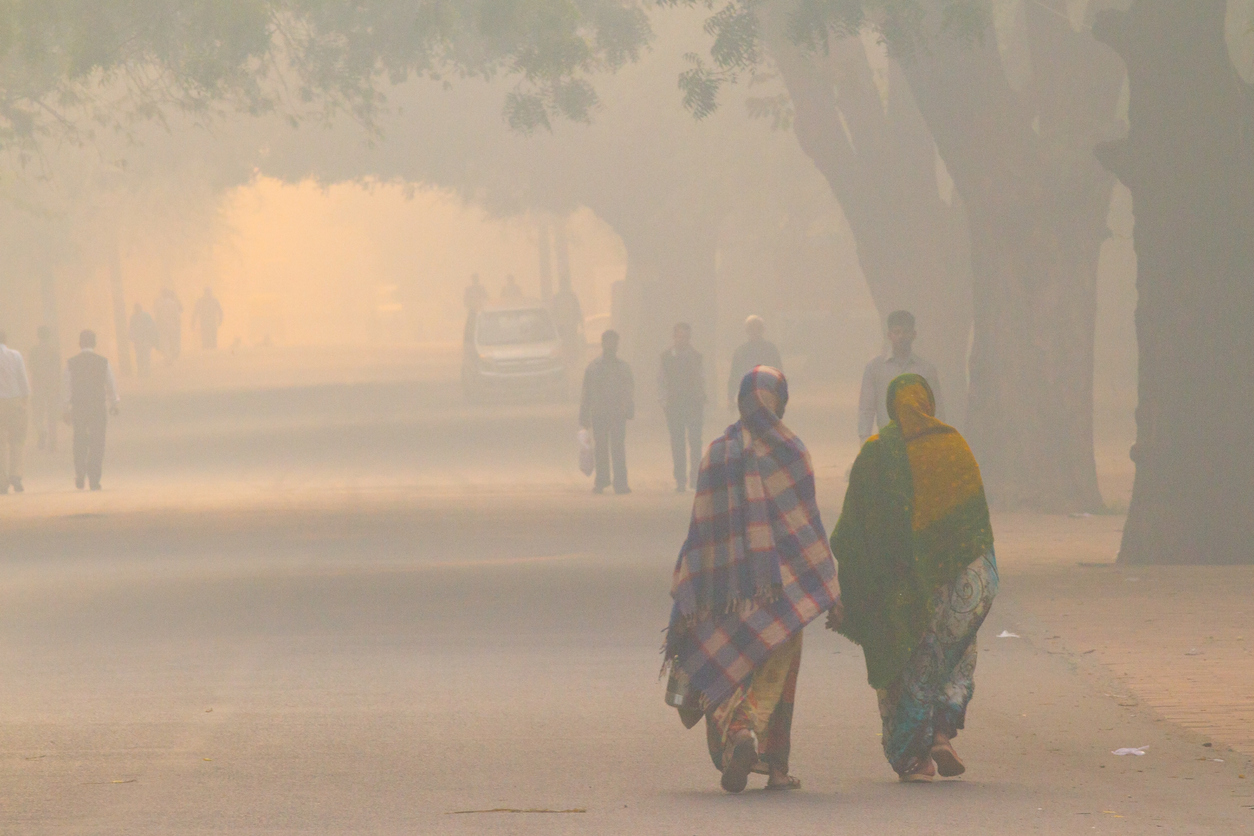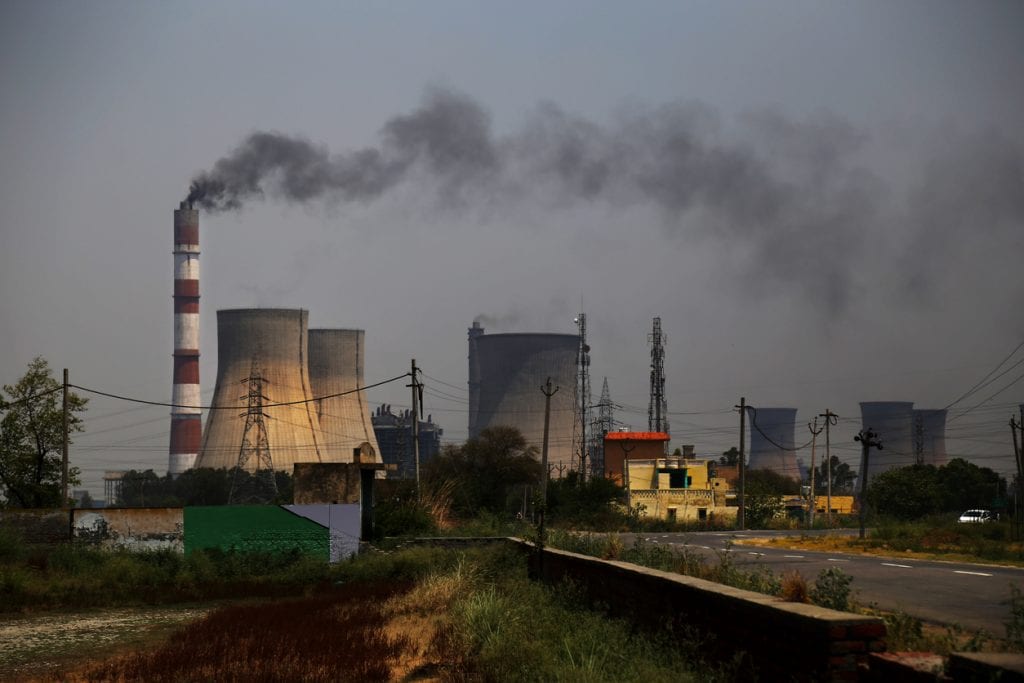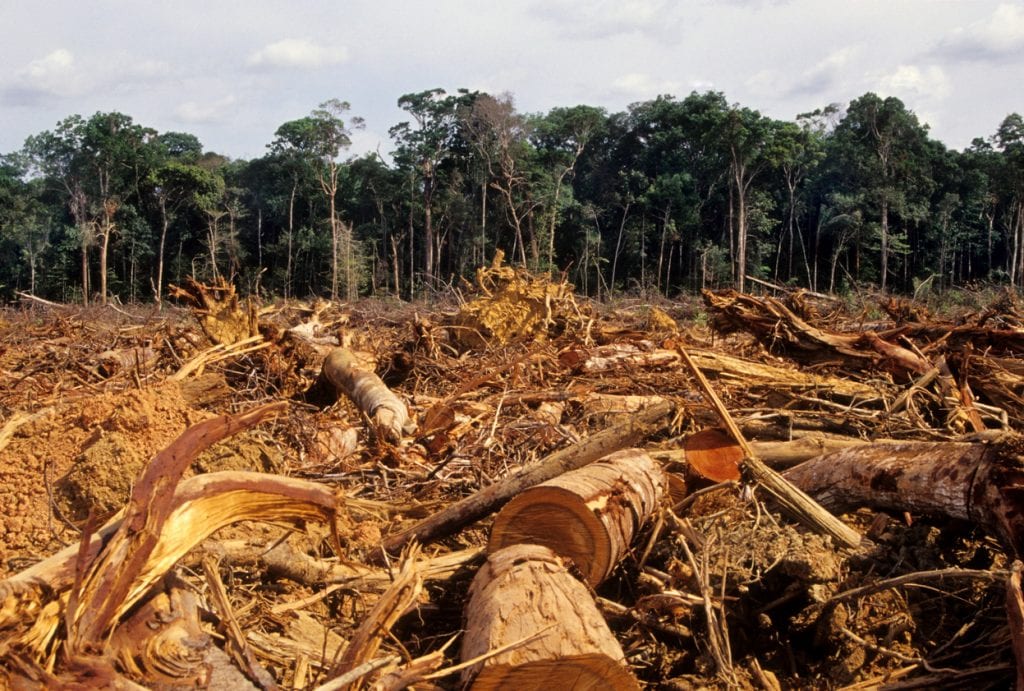
Building a safer, cleaner earth after COVID crisis: Tips for governments

With clean air and clear water, the environment seems improved, thanks to the nationwide lockdown due to COVID-19. But the joy is temporary as intense economic activities following the lockdown will put the environment again in peril yet again. The message was sent across by a panel of experts in a Facebook live discussion, titled, Reimagining environment and wildlife protection after the pandemic, organised by Roli Books on April 21.
Former Union Minister of Environment and Forests Jairam Ramesh, writer and conservation biologist Bahar Dutt, and elephant expert Vivek Menon took part in the one-hour discussion that was moderated by Chetan Bhattacharji of NDTV.
Environmental issues in public health perspective
The halt in human and economic activity has restored nature and moved the equilibrium in favour of it, said Jairam Ramesh. But we don’t want the halt to continue, he said. The challenge before us is the revival of economic activity and maintenance of the ecological balance. Though nature protects those who protect it, the world follows the traditional model — grow now, pay later. “This isn’t going to be tenable anymore.”
“We need to look beyond wildlife protection and focus on biodiversity conservation. Once the economy is brought on track, are we going to cut the environment down in the name of faster economic growth?” he asked. “Or are we going to be serious in enforcing our laws that are progressive?.” This is the time to look at environmental issues from a public health perspective, said Jairam Ramesh.

“Air and water pollution, chemical contamination or even climate change were once considered as long-term issues. But that is not the case now. They are long-term issues with short-term morbidity and short-term mortality as well,” he said. Whenever the government talks about air pollution, it says all the data are based on foreign models and not Indian ones, said Ramesh.
But if one takes a look at the data between 2000 and 2015, air pollution has caused about 10 percent of deaths. And that’s not a small number, he said. During the COVID-19 crisis, the comorbidity [a condition when people who have a disease also have another or more diseases] is not increasing. Air pollution has a role in the co-morbidity and the pandemic is actually a wake-up call for the government, said Ramesh.
Within two or three months, the report on the public health dimension will be submitted. This is a way of bringing political focus on the environmental regard, he said, hoping that it would begin a conversation at least in the Parliament. Anything that enhances public health should be prioritised. “If environment conservation enhances public health, then it must be given a priority,” he added.
Circular economy a way forward
When asked about the grounds for complacency over the nature reclaiming its space, Dutt told The Federal that it was not a time to celebrate. “In many places, people are dying of the disease. Then, there is the problem of hunger and migrant workers are suffering. So, the pandemic is not a way to take the nature forward. But it has demonstrated what an unpolluted world would look like” she said.
While we rejoice the chirps of birds, Union Minister of Environment Prakash Javadekar had a meeting with the National Board for Wildlife to clear 11 projects across the country, she says. “There is no transparency in the clearing of these projects during normal days. So during the lockdown, we don’t know how many field surveys and fact-checkings were done to ensure that the wildlife has not been harmed,” Dutt said.

Besides transparency, another major concern is the kind of projects that have been cleared, she said. “Some projects involve axing of 11 million trees, while some have the diversion of wildlife sanctuaries. “The minister has proudly tweeted that he had meeting through video conferencing. Are we doing video conferencing with the blackbucks in the sanctuary to check if sufficient safety measures are in place?” asked Dutt.
Claiming that public health is the only way to connect with climate change and a lot other environmental issues, she said, “People want clean air and water. Once these are linked to health, they will likely respond to it.” The government should move towards a circular economy [where waste is eliminated and the resources are used continuously], she said.
“Only 9 per cent of the world economies are circular. In Europe, the government has already been discussing the concept of degrowth. But we lack the vision of sustainable development.”
Deforestation and right of passage
To combat climate change, the world needs around $140 billion a year to ensure the achievement of the climate goals. The amount is only 0.1 per cent of the global GDP and is insufficient to reach the goals, said Menon. “Once the world goes back to normal, the appetite for growth will increase.”
“While addressing the public health and wildlife, the Parliamentary Standing Committee must also address the cost required. Where will it get the money?” he asked. Stating that we are always talking about human sustainability and not animal sustainability, he said, “The actions to protect elephants are insufficient. They don’t face the problems that we face. So we need a holistic point of view on sustainability,” said Menon.

On wet markets, Menon said many people have been thinking that it is an issue in China. “Every neighbourhood that sells fish is a wet market. India has as many wet markets as China. When people call for banning of wet markets, they are actually talking about banning the wildlife trade,” he said.
In some countries, trading of some species is legal. So you can’t ask a country to ban a legal trade unless it poses any threat to health, he said. As far as India is concerned, the illegal wildlife trade that takes place in the far east must be shut down, said Menon.
Across the world, about 11 per cent of carbon emission is being caused by deforestation. Menon said, “We generally talk about emissions caused by transportation, but little about deforestation.” Planting eucalyptus and poplar trees in the name of compensatory forest management, will not give an elephant the right of passage It is a big social nomad and it needs to move. That is why we need to avoid deforestation, he said.

